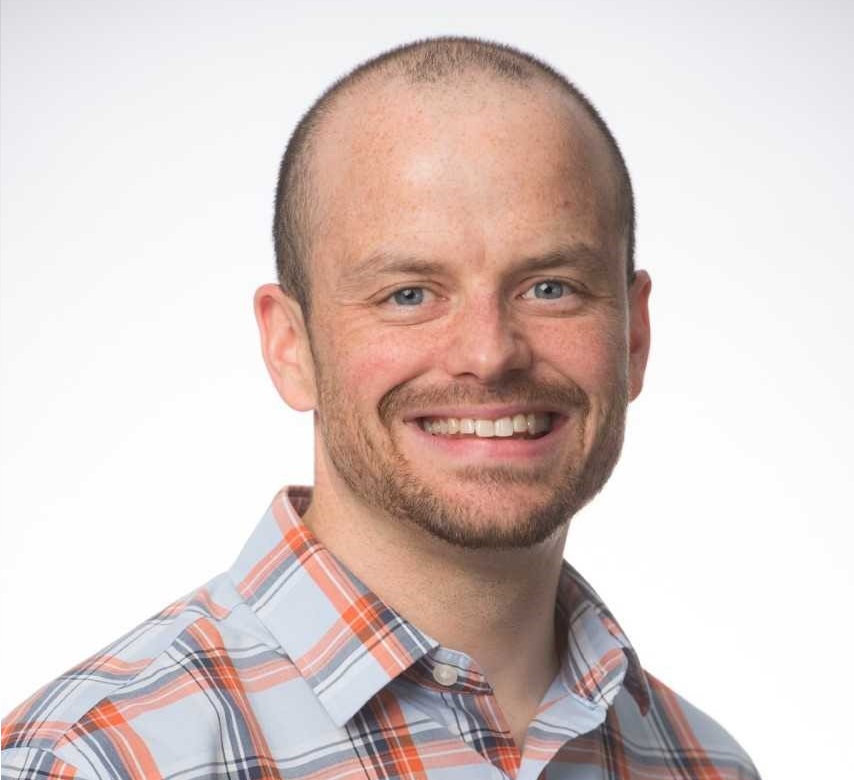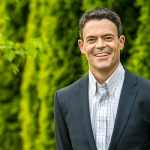 Loren Schubert, BKin 2007, is a Certified Prosthetist and the Program Head for the Prosthetics and Orthotics Program at the British Columbia Institute of Technology (BCIT). After graduating from UBC with a Bachelor of Kinesiology in 2007, Loren then went on to complete a diploma of Prosthetics and Orthotics at BCIT and a Master of Rehabilitation Sciences at McMaster University.
Loren Schubert, BKin 2007, is a Certified Prosthetist and the Program Head for the Prosthetics and Orthotics Program at the British Columbia Institute of Technology (BCIT). After graduating from UBC with a Bachelor of Kinesiology in 2007, Loren then went on to complete a diploma of Prosthetics and Orthotics at BCIT and a Master of Rehabilitation Sciences at McMaster University.
Loren reflects fondly upon memories of his time in the Kin program, such as his first-year orientation trip to Whistler and his participation in the HKUS (now the KUS) as a social coordinator. This provided him with opportunities to gain organizational skills while planning annual ski trips, Halloween boat cruise and various other activities.
Loren currently oversees the BCIT Prosthetics and Orthotics Program and also instructs the prosthetics curriculum. The program is one of two accredited Prosthetics and Orthotics Programs in Canada and is the only program in Western Canada. Prospective students can learn more about the program here.
Loren also practices as a Certified Prosthetist at Hodgson Orthopedic Group, where he provides prosthetic treatment to patients who have experienced limb loss. This involves everything from consultation and education to custom device design and fabrication. It combines providing essential patient care, working creatively with one’s hands, applying current research evidence, and integrating cutting edge technology. Loren finds it to be an incredibly rewarding role, where he has the opportunity to build a lifelong relationship with patients, while having a significant impact in their lives and helping them reach their mobility goals.
Loren’s tips and advice for KIN students:
“A Bachelor of Kinesiology provides a wide variety of career opportunities. Though it is not as specific as many other programs, which can pose challenges when you are trying to figure out what you want to do with your education. Take the time during your education to network, shadow, volunteer and work in various roles, even if it takes you an extra year or two to finish your degree. This approach will help you determine what you’d like to do when you graduate and will allow for a natural progression to the next phase of your career.”
